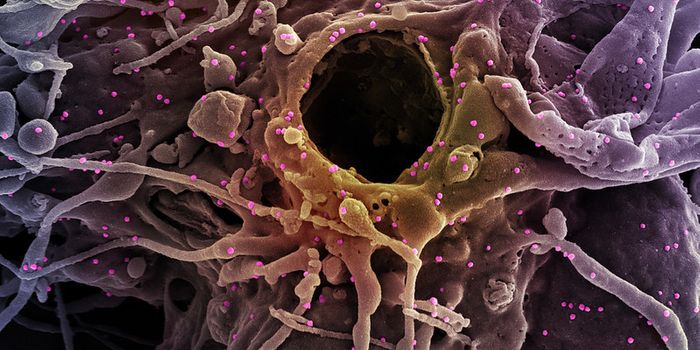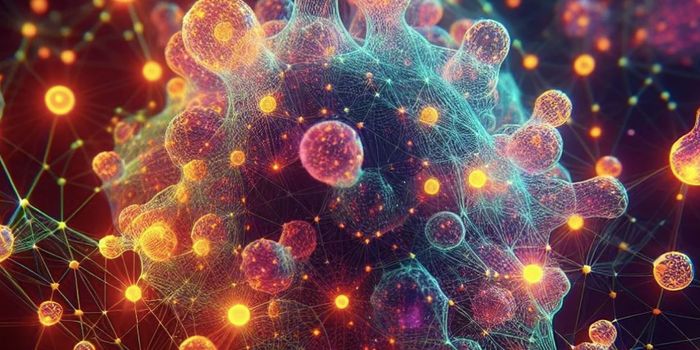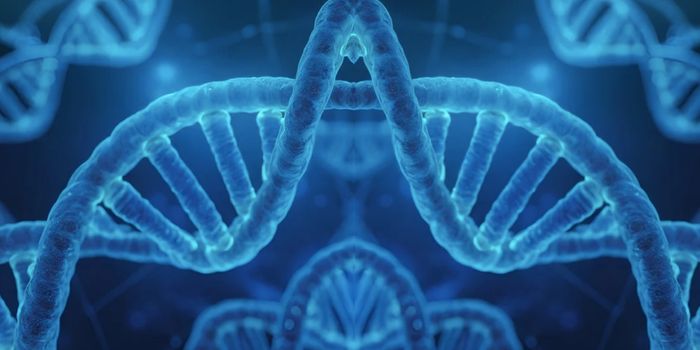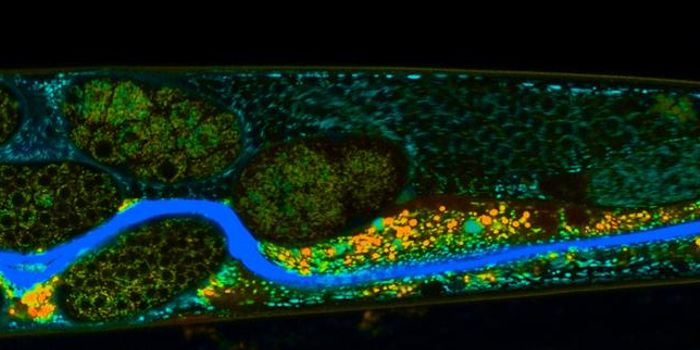Natural Compounds Made by the Gut Microbiome Could Fight Disease
The gut microbiome contains trillions of microorganisms, which carry out a variety of activities. Not only do they express their own genes, some of which can have a biological impact on us, they can also metabolize the food we consume and generate a variety of bioactive compounds. Scientists have now identified a group of natural compounds in the gut that could be used to relieve some health conditions, such as digestive problems and high levels of inflammation. The compounds are generated by bacteria, and seem to bind to nuclear receptors in cells, which can affect the expression of proteins and non-coding RNA. The findings have been reported in Nature Communications.
In this work, the investigators screened small molecules found in the human gut microbiome. They learned that some of these molecules can function in ways that are similar to artificial compounds that are now used to influence the androstane receptor, which is also known as CAR. "This makes them viable candidates for drug development," noted first study author Jiabao Liu, a research associate at the Donnelly Centre for Cellular and Biomolecular Research at the University of Toronto.
CAR is related to inflammation in the intestine, and has a crucial role in controlling the metabolism and management of foreign materials in the liver, like drugs. But CAR is challenging to study because there are no "useful" compounds that can attach to CAR receptors found in mice as well as humans. "Prior efforts focused on developing molecules with strong binding and activation capability. This has resulted in synthetic regulators that overactivate the receptor, which can lead to unintended outcomes. The natural compounds that we discovered don't cause this issue," explained senior study author Henry Krause, a professor at the University of Toronto.
There were two compounds found in this study that can control CAR in the human and mouse liver: diindolylmethane (DIM) and diindolylethane (DIE). This is the first time that DIE has been identified in the human microbiome. Neither compound seems to cause side effects in mice either, so they could be very useful in the study of CAR in a mouse model. Once researchers reach conclusions using those models, the findings might then be applicable to humans. Both of the compounds can also activate the same genes that are activated by CAR in human cells.
The CAR receptor is konwn to have a role in diseases like fatty liver disease, diabetes, and small intestine ulcerative colitis, said Liu. "We could potentially treat all of these issues with the two natural compounds we found that already exist in the human gut."
Sources: University of Toronto, Nature Communications









